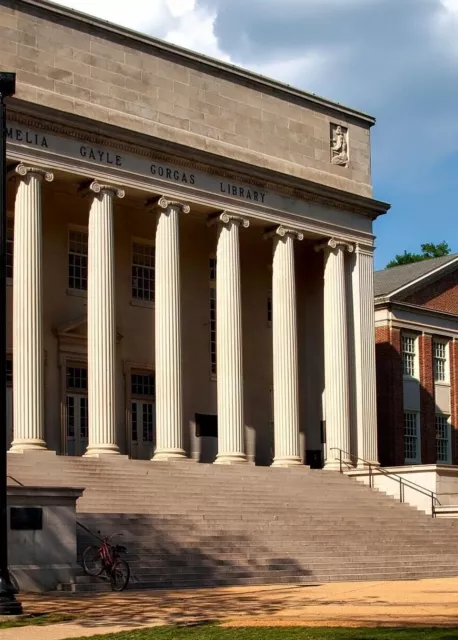Mrs O Earls Court
"Thank you for introducing us to Mr George Marsh. We all enjoyed talking with him. My husband was particularly pleased to have gained an insight into the British exam system and instant feedback on the boys' performance. As for the interview today, the boys came out very much relaxed. Mr Marsh put them into a right frame of mind and certainly it helped.”
★★★★★
Mr C Hammersmith
"The consultation went very well. Without Sophie's help, we would not have been able to truly understand the school system and the right options for L. Given our circumstances, Ivy Education was able to tailor make the consultation, providing the service we needed at a discounted price. I would be happy to recommend Ivy Education to anyone."
★★★★★
Mrs M Putney
"Just to follow up I wanted to let you know that we put into place all the strategies you suggested and we have had the result we dreamed of! S has received an offer from Wimbledon High Prep School (our first choice) and offered a wait list place at Putney High Prep. Thank you for your advice!"
★★★★★
Comprehensive and Measured Advice for US University Applications
The American university application process is unique; it is unlike applying to university in other countries. It is much more complicated, with particular and unique requirements. Academic excellence is not the only application dimension, which differs from the expectations at European, Asian, and other international universities.
At Ivy Education, our expert US university admission consultants offer a thorough and bespoke service for students looking to apply to university in the United States. We guide your child at each step of the journey, providing support tailored to the demands of US admissions.
Our team has strong links and relationships with many of the USA’s top universities, including Ivy League schools such as Harvard and Yale, and will develop a focused and targeted approach following an initial consultation.
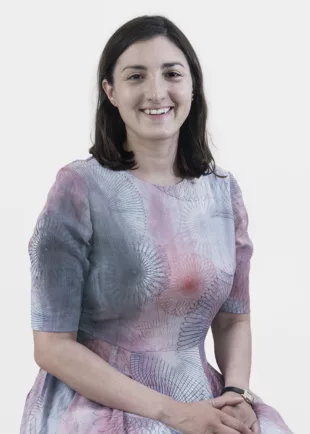
Oya
Careers & Universities Consultant"Oya specialises in supporting students with their options after school, including university degree choices, structuring a gap year and applying to apprenticeships. She also gives guidance on subject choices at GCSE, BTEC, A Level, Pre-U and IB."
A full US university application service
Our team of expert university admission consultants can support your family through every step of the US university admission process.

For students wanting advice on US university applications, we begin by arranging an initial meeting with one of our experienced university application consultants.
At Ivy Education, we generally advise parents and students to start thinking as early as 9th Grade (Year 10). Developing interests and extracurricular activities can be more difficult when these activities are not provided readily at school. From Year 11 (10th Grade) onwards, students should expect a carefully crafted timetable covering SAT or ACT preparation, SAT II Subject Tests, application timelines, and extracurricular activities.
Beginning as early as the 9th Grade or Year 10, our consultant will prepare a personalised timeline so your child can manage their application and highlight the dates of any standardised tests.
Applications to the US are judged against multiple criteria: academics, leadership, extracurricular involvement, volunteering, and "likeability" (demonstrated through essays and recommendations). Academics form the baseline for admission. For example, a score lower than 1450 without strong additional factors is very unlikely to secure admission to a top-tier university.
Once the academic standard is met, the broader elements of the application come into play; something our US admissions consulting services are designed to address.


Application Support Across Every Stage
In the 10th Grade or Year 11, the consultant will update the application and testing timeline whilst offering guidance on final A-Level, IB or Pre-U subject choices.
They will help your child research universities and colleges and, if necessary, assist with applications for summer programmes to strengthen the student’s academic profile. Alongside continued academic check-ins, they may also recommend relevant work experience and help build a strong CV.
By the 12th Grade or Year 13, our university admission consultants will help your child develop an application list aligned with predicted grades and standardised test scores.
They will assist in developing an early application strategy, communicate with universities about extenuating circumstances or additional information, offer detailed personal statement and supplemental essay advice, and ensure your child completes all applications across different platforms, including the Common App, Coalition Application, and individual university portals, within deadlines.
They will also provide guidance on following up after applications and help your child make an informed final university selection once offers are received.
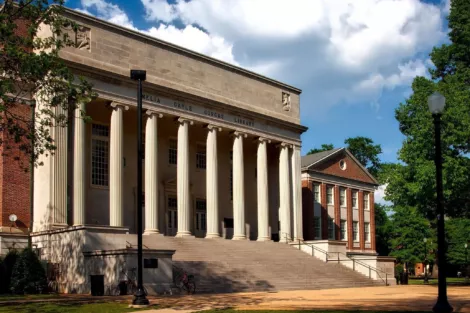
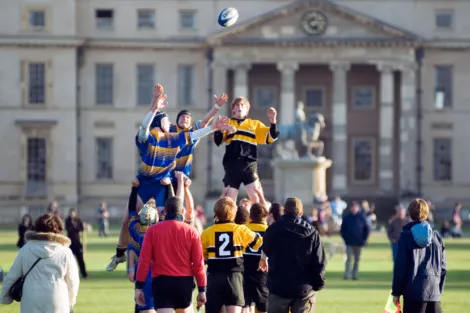
The Importance of Extracurricular Excellence
Admission to a top school usually requires at least one very strong extracurricular. There are a few metrics with which to think about these activities.
When evaluating extracurriculars, key factors include:
-
Whether the activity is recognised at the school, local, national, or international level.
-
Evidence of excellence, such as awards, leadership roles, or special recognition.
While sports and music are classic extracurriculars, students can distinguish themselves through a wide range of activities, from starting a company, founding a charity, contributing to a think tank, or pursuing original creative projects. Ivy Education’s university consultants help students develop and highlight the extracurricular achievements that will most strengthen their application.
Your US Application Journey
Whether it be Tuition or end to end Educational Consultancy - Ivy Education will support your family with every step of their US Application Journey.

Speak with our experts
Our expert education team will discuss your family’s needs and explain how Ivy Education will provide support designed for you.
Exclusive advice from top US consultants who have decades of experience in the best US universities. They will discuss your family’s aspirations and align these with realistic and focused goals, creating a clear and concise roadmap to studying in the US and helping you achieve your aims.
Comprehensive Support
Academic Assessments
Providing insights into your child’s ability, these will inform both the advisory process and tuition programme. We will track their progress throughout with regular reports and communication.
On-going bespoke tuition
Our tuition prepares your child for their exams and for studying in the US, all designed around each student’s needs.
Your child's application is polished
Your child's application will be planned, developed, and refined, while also working on assessment, exam and interview preparation to put you in the best place to succeed.
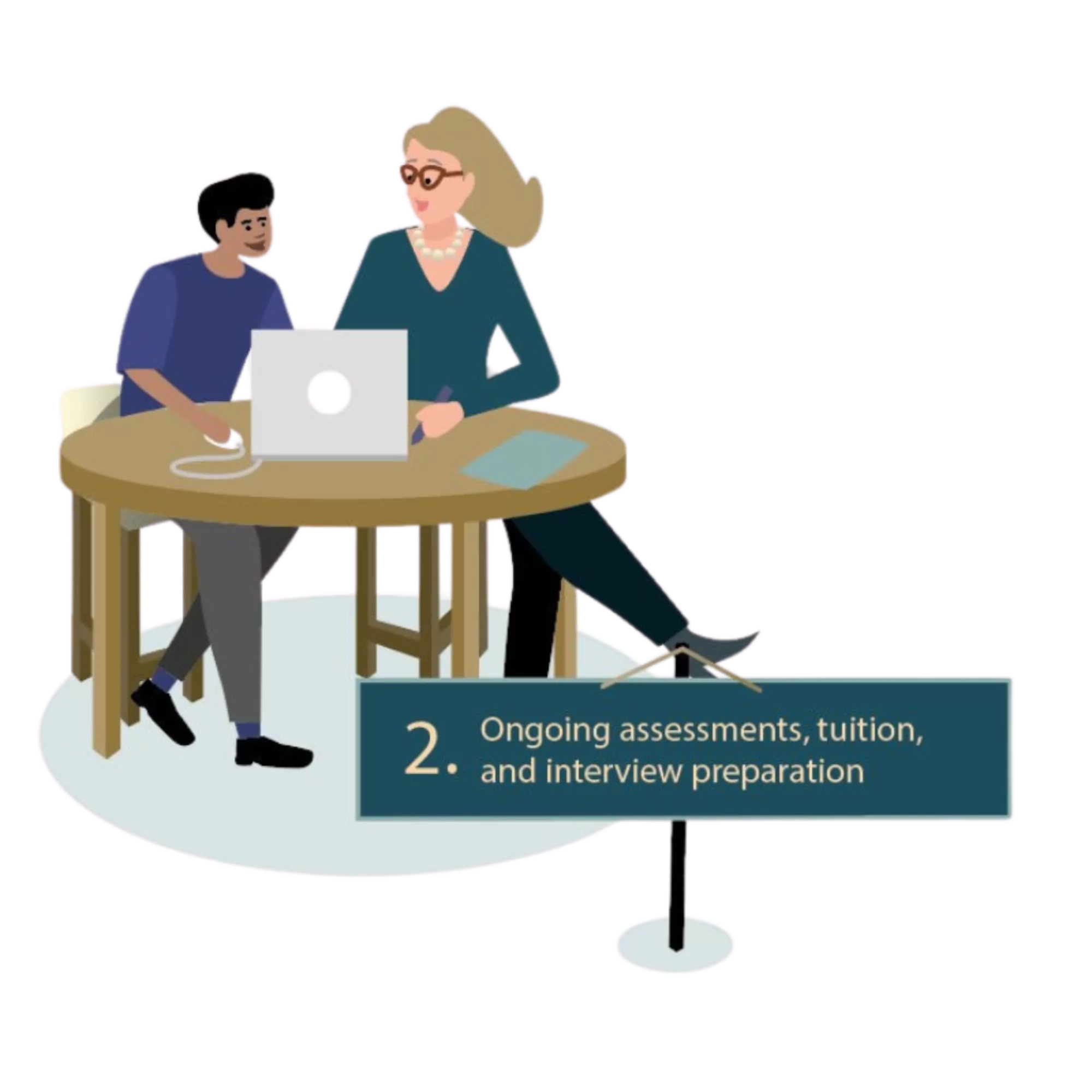
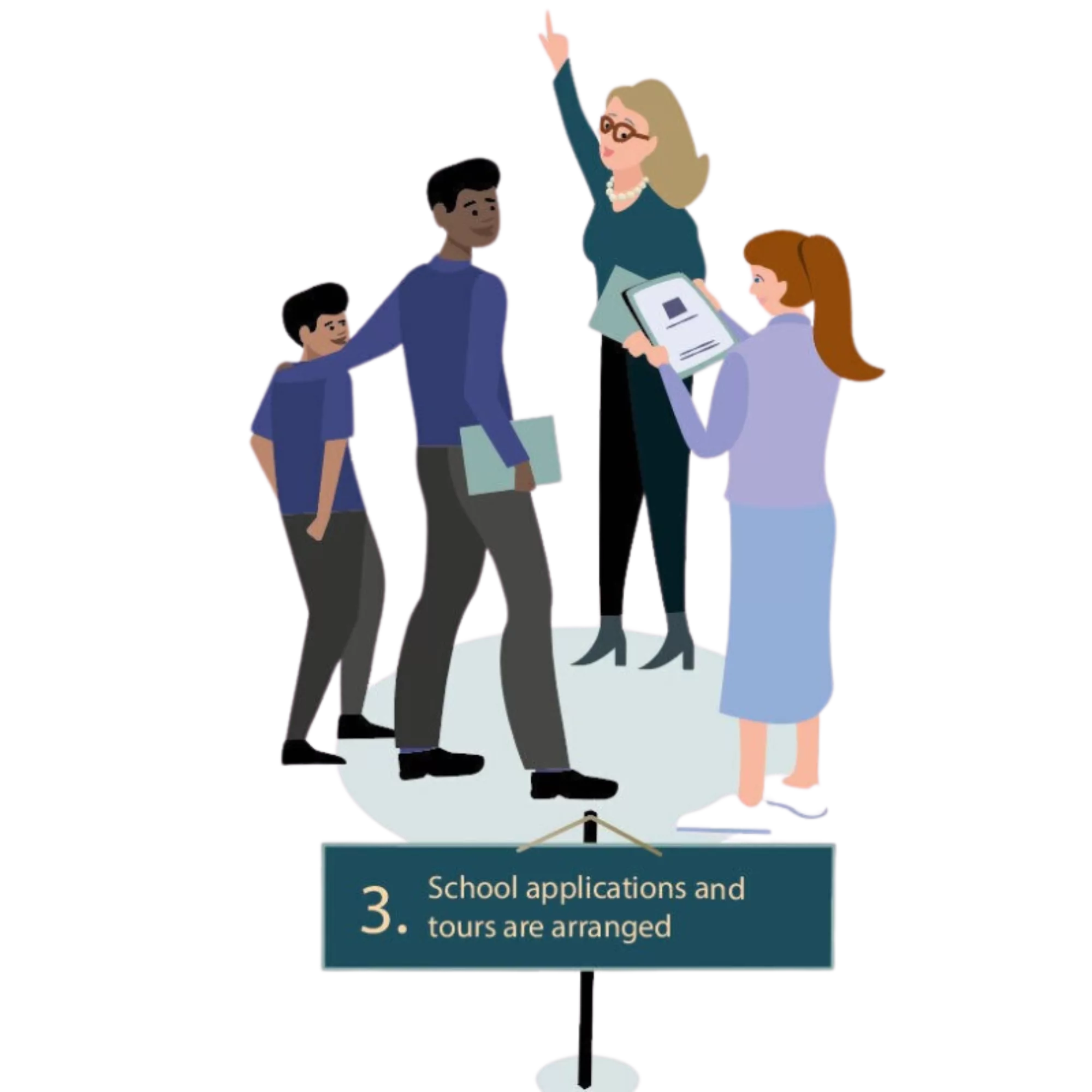
Target universities are shortlisted
The university placement process starts, with Ivy Education able to help with all the tricky and lengthy administrative elements.
We can help you with organising visits, if required, so you can experience these wonderful universities first-hand.
Decision-making process
Ivy Education will support you with the final decision-making process and put you in the best position to secure a place.
We will take care of all your child's legal and pastoral needs. Visas and guardians are arranged, if necessary. We can also appoint a mentor or Director of Studies as appropriate.

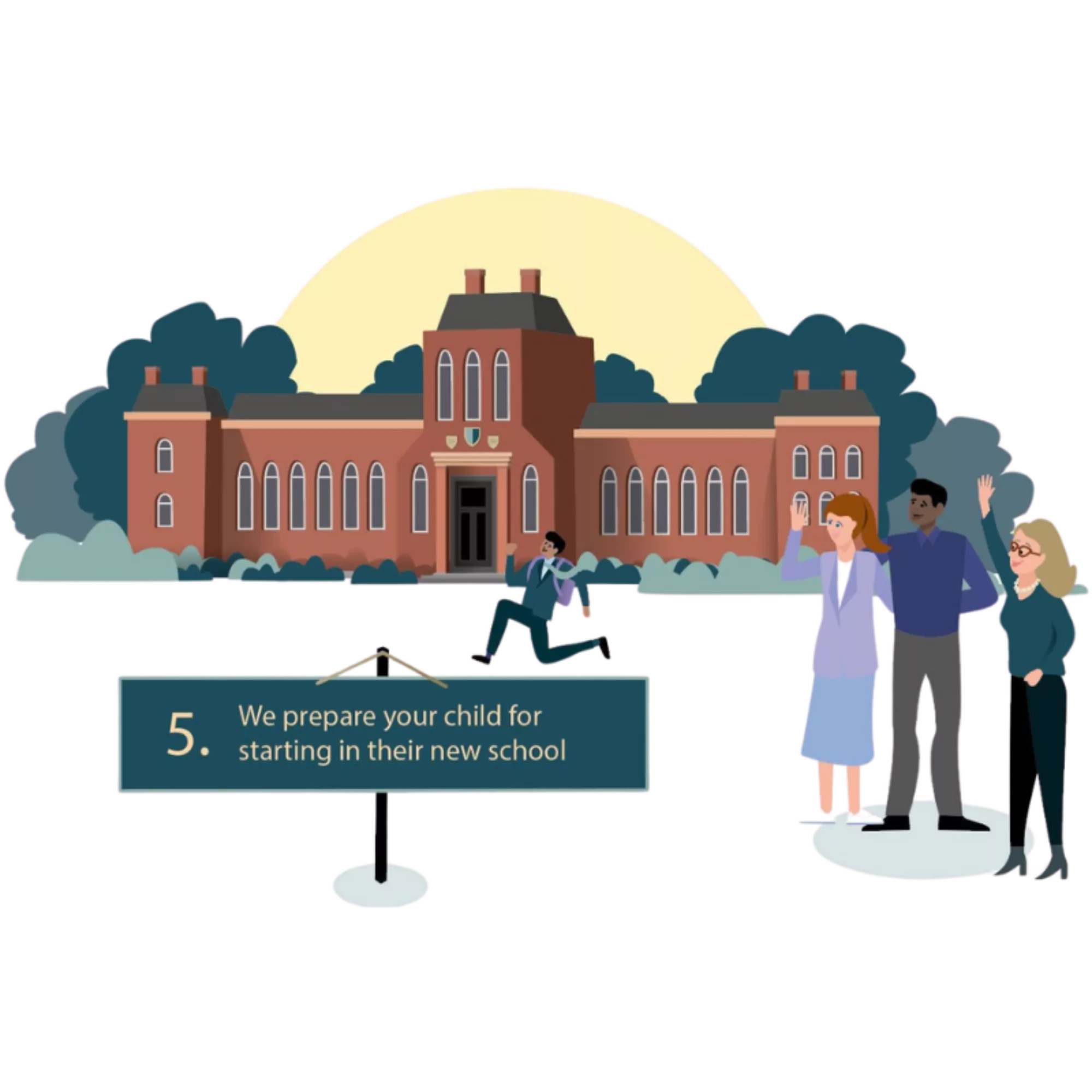
Final Stages
We ensure that they feel happy and confident from the first day at their new university, and can provide further support as needed.
Get in touch to start the process
Begin your academic journey with Ivy Education.
Further US University Resources
US University Consultancy – Frequently Asked Questions
US Admissions Blogs
See our latest expert insights below

Winter Holiday Revision Guide: How to Use the Winter Break for Application Strategy
The winter break offers more than just a pause from school. For students planning to apply to UK universities, it can be...

Can I Change My Predicted Grades?
Predicted grades play a central role in the UK university application process. For many students, they form the academic...

Applying to Ivy League Schools from the UK: What to Know
Every year more UK students look towards the Ivy League, drawn by its global reputation, academic excellence and excepti...
